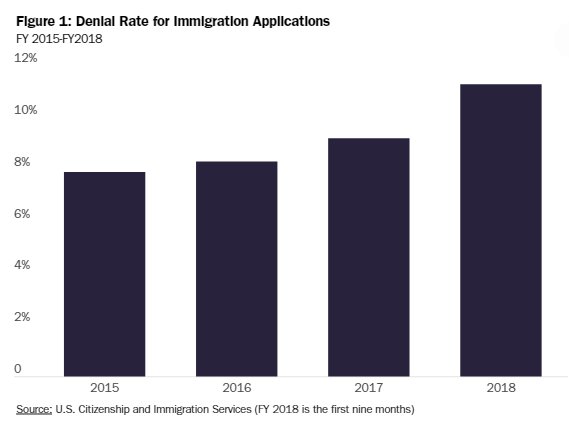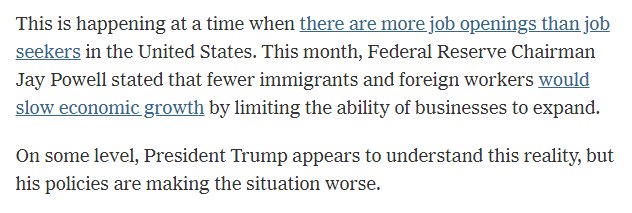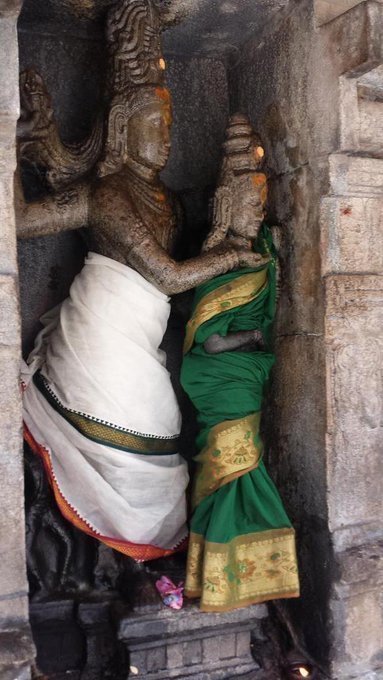Some background and some guidelines from political scientists and scholars of journalism and democracy:
Good morning, friends.
So here's a question: How should journalists deal with baseless claims undermining the integrity of the election, given that these claims are cited as the reason that the President is refusing to concede?
A thread: 1/
Some background and some guidelines from political scientists and scholars of journalism and democracy:
However, his refusal to concede should not come as a surprise.
The result was consistent and unequivocal: There was no evidence of voter fraud in this election. https://t.co/G41ghU13tA
SIX USEFUL TIPS:
Do not amplify the illegitimate claims.
Again: Do not amplify the illegitimate claims.
This means denying a platform to partisan pundits who advance false claims.
It also means incorporating expert sources from election law and history to inform coverage.
Remember: Social media does NOT represent the American electorate.
We got this.
#media4democracy
More at: https://t.co/g49JzWvNE9
More from Politics
My piece in the NY Times today: "the Trump administration is denying applications submitted to the United States Citizenship and Immigration Services at a rate 37 percent higher than the Obama administration did in 2016."
Based on this analysis: "Denials for immigration benefits—travel documents, work permits, green cards, worker petitions, etc.—increased 37 percent since FY 2016. On an absolute basis, FY 2018 will see more than about 155,000 more denials than FY 2016." https://t.co/Bl0naOO0sh

"This increase in denials cannot be credited to an overall rise in applications. In fact, the total number of applications so far this year is 2 percent lower than in 2016. It could be that the higher denial rate is also discouraging some people from applying at all.."
Thanks to @gsiskind for his insightful comments. The increase in denials, he said, is “significant enough to make one think that Congress must have passed legislation changing the requirements. But we know they have not.”
My conclusion:

Based on this analysis: "Denials for immigration benefits—travel documents, work permits, green cards, worker petitions, etc.—increased 37 percent since FY 2016. On an absolute basis, FY 2018 will see more than about 155,000 more denials than FY 2016." https://t.co/Bl0naOO0sh

"This increase in denials cannot be credited to an overall rise in applications. In fact, the total number of applications so far this year is 2 percent lower than in 2016. It could be that the higher denial rate is also discouraging some people from applying at all.."
Thanks to @gsiskind for his insightful comments. The increase in denials, he said, is “significant enough to make one think that Congress must have passed legislation changing the requirements. But we know they have not.”
My conclusion:


















